The impact of Ofloxacin on liver function: What you need to know
Introduction to Ofloxacin and Liver Function
As a health-conscious individual, it's essential to understand how medications can affect our bodies, particularly our liver. One such medication, Ofloxacin, is commonly prescribed to treat bacterial infections. But, what is the impact of Ofloxacin on liver function? In this article, we'll discuss the relationship between Ofloxacin and liver health, explore potential side effects, and provide tips for maintaining optimal liver function while taking this medication. So, let's dive in and learn more about this essential topic.
Understanding Ofloxacin and its Uses
Ofloxacin is a fluoroquinolone antibiotic used to treat various bacterial infections, including respiratory, skin, urinary tract, and sexually transmitted infections. It works by inhibiting bacterial DNA replication, ultimately leading to the death of the bacteria and resolving the infection.
Doctors often prescribe Ofloxacin because of its broad-spectrum coverage and effectiveness against a wide range of bacteria. However, as with any medication, it's important to be aware of the potential side effects, including those related to liver function.
How Ofloxacin Affects Liver Function
The liver is a vital organ responsible for processing and detoxifying medications, including antibiotics like Ofloxacin. When you take Ofloxacin, your liver works to break down the medication and eliminate it from your body. In some cases, this process can lead to liver injury or impaired liver function.
Although rare, Ofloxacin has been associated with liver damage, including hepatitis (inflammation of the liver), hepatic necrosis (death of liver cells), and, in severe cases, liver failure. The risk of liver injury is generally higher in patients with pre-existing liver conditions or those taking other medications known to affect liver function.
Recognizing the Signs of Liver Injury
If you're taking Ofloxacin, it's crucial to be aware of the potential signs of liver injury. Early detection can help prevent more severe complications and ensure appropriate treatment. Symptoms of liver injury may include:
- Jaundice (yellowing of the skin and eyes)
- Dark urine
- Pale stools
- Abdominal pain or swelling
- Nausea and vomiting
- Fatigue
- Loss of appetite
- Itching
If you experience any of these symptoms while taking Ofloxacin, contact your healthcare provider immediately for further evaluation and guidance.
Protecting Your Liver While Taking Ofloxacin
There are several steps you can take to protect your liver health and minimize the risk of liver injury while taking Ofloxacin. These include:
- Discussing your medical history with your healthcare provider, including any pre-existing liver conditions or medications that may affect liver function
- Following your prescribed dosage and treatment duration to avoid unnecessary exposure to the medication
- Monitoring for signs of liver injury and seeking prompt medical attention if needed
- Maintaining a healthy lifestyle, including a balanced diet, regular exercise, and avoiding excessive alcohol consumption
Alternative Antibiotics and Liver Safety
If you have a history of liver problems or are concerned about the impact of Ofloxacin on your liver function, it's essential to discuss your concerns with your healthcare provider. They may recommend alternative antibiotics with a lower risk of liver injury or adjust your treatment plan to monitor your liver function more closely.
Some alternative antibiotics that may be considered include penicillins, cephalosporins, and macrolides. However, the choice of antibiotic will depend on the specific type of infection being treated and your individual medical history.
Conclusion: Staying Informed and Vigilant
While the risk of liver injury from Ofloxacin is rare, it's essential to be informed about the potential impact on liver function and take the necessary precautions to protect your liver health. By discussing your medical history and concerns with your healthcare provider, monitoring for signs of liver injury, and maintaining a healthy lifestyle, you can minimize the risk of complications and ensure the safe and effective use of Ofloxacin to treat bacterial infections.
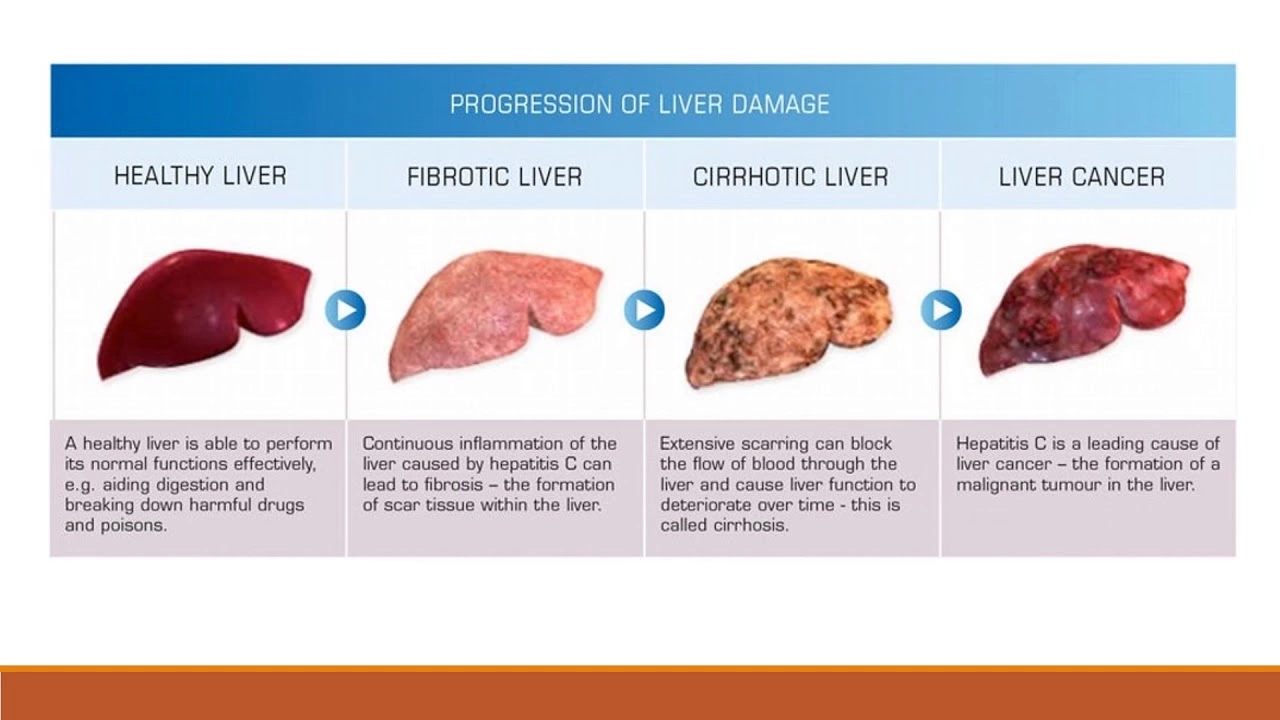
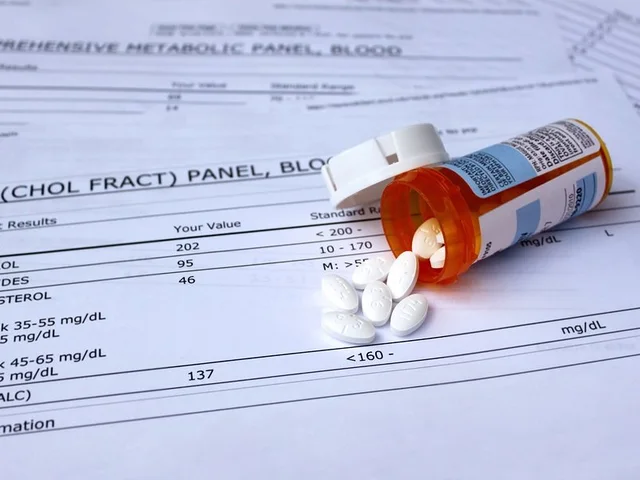
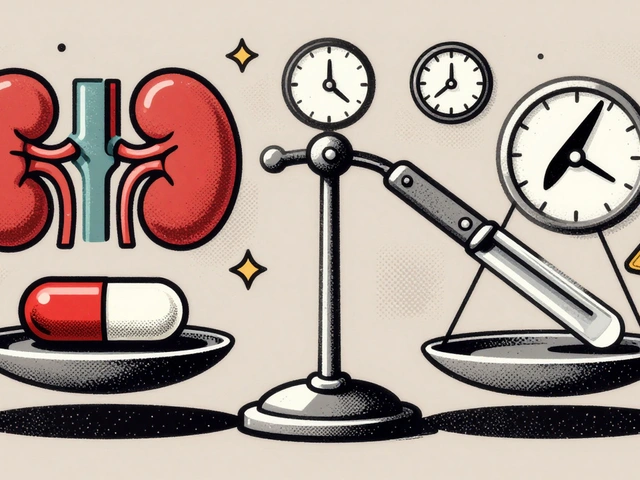
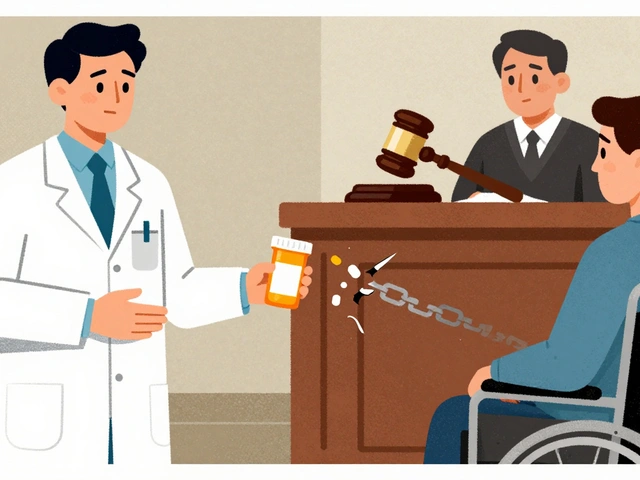
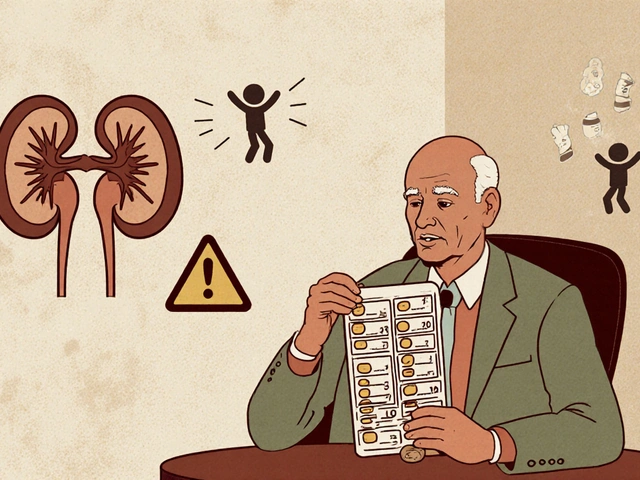

15 Comments
Brian Klepacki
May 21 2023Picture this: a patient pops a pill of Ofloxacin and suddenly their liver is shouting like a chorus of angry singers. The drama that unfolds is practically Shakespearean, with enzymes rising and falling in a tragic ballet. Yet, the article glosses over how rare these events truly are, as if every prescription guarantees a hospital drama. I can’t help but feel the piece drips with melodrama to sell clicks rather than sober facts. In short, the risk exists, but it’s not the headline act.
Shermaine Davis
May 21 2023Thnaks for the info, much apprciated!
Selina M
May 21 2023Just a heads‑up, if you’re on Ofloxacin and notice any weird colour in your pee or skin, it’s worth a quick check‑up. No need to freak out, but keep an eye out for those classic signs like yellowing. Staying active and drinking water can help your liver stay happy. Keep pushing forward, you’ve got this.
tatiana anadrade paguay
May 21 2023If you’re thinking about the liver stuff, remember that dosage matters – stick to what the doc says.
Nicholai Battistino
May 22 2023Keep it short and sweet.
Suraj 1120
May 22 2023The whole premise you’ve laid out feels like a PR‑driven PR‑piece more than a balanced review. You cherry‑pick the rare worst‑case scenarios while downplaying how uncommon they truly are. It reads like alarmist propaganda.
Shirley Slaughter
May 22 2023Whoa, hold on a sec – the liver is resilient, but we shouldn’t scare folks for no reason. Your points are valid, yet the tone makes it sound like every patient will end up in the ICU. Let’s keep the facts straight, not the drama. Remember, a balanced view helps people stay informed without panic.
Sean Thomas
May 22 2023Ever wonder why Big Pharma never mentions these “rare” side effects in their ads? They want you to swallow pills without thinking, trusting the system. Trust but verify, because hidden agendas are real.
Aimee White
May 22 2023Holy moly, the article tries to sound scientific but ends up sounding like a bedtime story for hypochondriacs. The liver isn’t some mystical creature that explodes at the first dose. Keep the language real, not theatrical.
Javier Muniz
May 23 2023Yo, thanks for sharing! This is super helpful for anyone on antibiotics. Keep the tips coming.
Sarah Fleming
May 23 2023Listen, the pharma giants love to bury liver warnings deep in fine print. It’s a classic move to keep the masses oblivious while they push sales. Stay alert, folks.
Debra Johnson
May 23 2023It is a moral imperative that we, as informed citizens, scrutinize the narratives presented by medical publications. The language employed often masks the nuanced risk profile of Ofloxacin with sweeping generalizations. While the author attempts to provide reassurance, the omission of statistically rigorous data is conspicuous. One must demand transparency regarding the incidence rates of hepatic adverse events. The ethical duty to present balanced information supersedes the desire for a tidy conclusion. Moreover, the article fails to address the pharmacogenomic variables that may predispose certain individuals to hepatotoxicity. In the absence of such detail, readers are left with an incomplete picture. The inclusion of patient anecdotes, though compelling, cannot substitute for robust clinical evidence. A systematic review of randomized controlled trials would have bolstered the credibility of the claims. The current reliance on isolated case reports is insufficient for clinical decision‑making. It is also problematic that lifestyle recommendations are offered without acknowledging socioeconomic barriers. For instance, advising avoidance of alcohol presumes access to alternative stress‑relief resources. Additionally, the suggestion to “maintain a balanced diet” lacks specificity and may be interpreted as a generic platitude. The discourse would benefit from concrete dietary guidelines supported by peer‑reviewed nutrition science. The author’s tone oscillates between cautious optimism and inadvertent alarmism, which can confuse readers. Consistency in risk communication is essential to uphold public trust. Finally, the call for vigilance must be paired with actionable steps, such as routine liver function monitoring protocols. Only by integrating these elements can the article fulfill its responsibility to educate without bias.
Andrew Wilson
May 23 2023Seriously, folks – if you’re gonna read health stuff, make sure it’s not coming from some sketchy source. Trust but verify, always.
Kristin Violette
May 24 2023From a systems‑biology perspective, the interplay between fluoroquinolone pharmacodynamics and hepatic enzymatic pathways is far from trivial. The article glosses over the feedback loops that can amplify minor perturbations into clinically significant events. Incorporating a discussion on cytochrome P450 isoform inhibition would add rigor. Moreover, patient heterogeneity – such as comorbidities and concurrent meds – shapes the risk landscape. Future revisions should integrate mechanistic models to predict hepatotoxicity probabilities.
Theo Asase
May 24 2023Patriots everywhere must stay vigilant against the medical elite’s attempts to downplay drug risks. The narrative pushes a hidden agenda, disguised as neutral advice. Wake up and demand full disclosure.